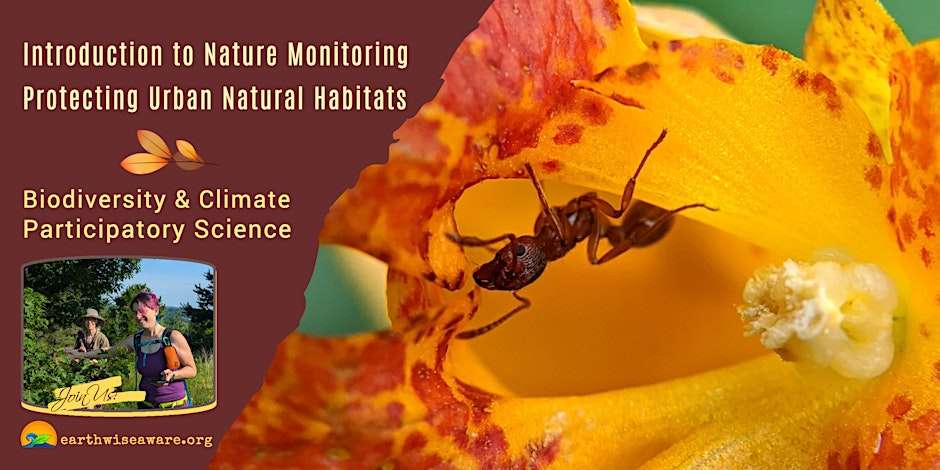New Business Models: Circularity
New Business Models: Circularity

- These stories mark a clear shift: ecological economics is gaining traction beyond academia into practical policy, local governance, and public debate.
- They illustrate a growing understanding that ecological limits, wellbeing economies, and economic justice are interconnected.
- Policy relevance spans from UK planning reforms to farm incentives in Europe, and local governance models in places like Sweden.
Tomelilla, Sweden Adopts Doughnut Economics
- Tomelilla, a small Swedish town, implemented Kate Raworth’s doughnut economics framework in municipal planning—embedding ecological ceilings and social foundations into budgeting, urban design, transport, and procurement.
Impact:
-
- Shifted decision‑making toward regenerative and low‑carbon pathways (e.g., refurbishing instead of building anew, free public transit for youth).
- Showcased how even small municipalities can prioritize wellbeing within planetary limits.
- Inspired other cities and municipalities globally to explore similar sustainable economic models.
Op‑ed: Environmental Protection As Economic Gain (Australia)
- Economist Nicki Hutley argued that preserving nature and fighting climate change deliver clear net economic benefits—from cost savings in avoided climate disasters to job creation in clean energy.
Impact:
-
- Strengthened the narrative that ecological stewardship supports, rather than hinders, economic prosperity.
- Highlighted reduced solar panel prices and high costs of inaction (~US $143 billion/year) as economic logic for transition.
- Supports momentum for policy reforms such as carbon pricing and nature‑inclusive planning in Australia and worldwide.
UK’s Planning Bill Nature Levy Faces Blowback
- UK’s proposed “nature levy” would let developers pay to bypass environmental protections. Economists and ecologists—including Partha Dasgupta—warned this creates a “license to kill nature.”
Impact:
-
- Raised alarm about weakening environmental safeguards and undermining ecological integrity in planning.
- Pressured policymakers to revisit or withdraw the provision, emphasizing need for independent regulation and systemic reform.
- Reframed ecological economics as crucial for aligning development with planetary boundaries.
Academic & Policy Developments
ISEE Launches Special Issue on Ecological Macroeconomics
When: Call opened June 18, 2025 (submissions open July 1, 2025)
- The International Society for Ecological Economics (ISEE) invited papers exploring integrated ecological‑macroeconomic models to understand post-growth futures, climate policy, and inequality.
Impact:
-
- Encourages development of models that capture economic–ecological–social feedbacks.
- Supports transition from conventional GDP-focused narratives toward wellbeing‑oriented policymaking.
IIASA Study: Economic Gains from Mining Quickly Fade
Researchers found that while industrial mining brings short-term economic boosts, benefits fade once global prices dip—even affecting neighboring regions.
Impact:
-
- Highlights ecological-economic vulnerability linked to commodity dependence.
- Supports policy emphasis on diversified, nature-aligned development pathways instead of extractivism.
Modelling Biodiversity & Pesticide Use Relative to Farm Size
The paper introduces a spatial ecological-economic framework showing small‑to‑mid‑size farms benefit economically from reduced pesticide use combined with habitat restoration, whereas large farms struggle to do so.
Impact:
-
- Informs policy design: environmental incentives should be tailored to farm structure.
- Promotes biodiversity via cost-effective, scale‑specific strategies for pest control and sustainability.
Summary Table
| Story | Timeline | Impact Summary |
|---|---|---|
| Tomelilla’s doughnut economics adoption | July 17, 2025 | Local innovation in wellbeing economy, global inspiration |
| Hutley op‑ed: environment as economic net benefit | July 17, 2025 | Reframes ecological values as economic strengths; bolsters climate policy |
| UK Planning Bill “nature levy” controversy | April 2025 | Catalyzed advocacy for stronger nature protections in development policy |
| ISEE call for ecological macroeconomics modeling | June–July 2025 | Advances integrated modelling for post‑growth and fair‑transition policy |
| IIASA mining-economic study | July 28, 2025 | Underscores risk of resource dependence; advocates sustainable diversification |
| Farm‑scale biodiversity model | May 2025 | Builds scale‑aware agri‑environment policy nexus for biodiversity gains |

Continue Reading








